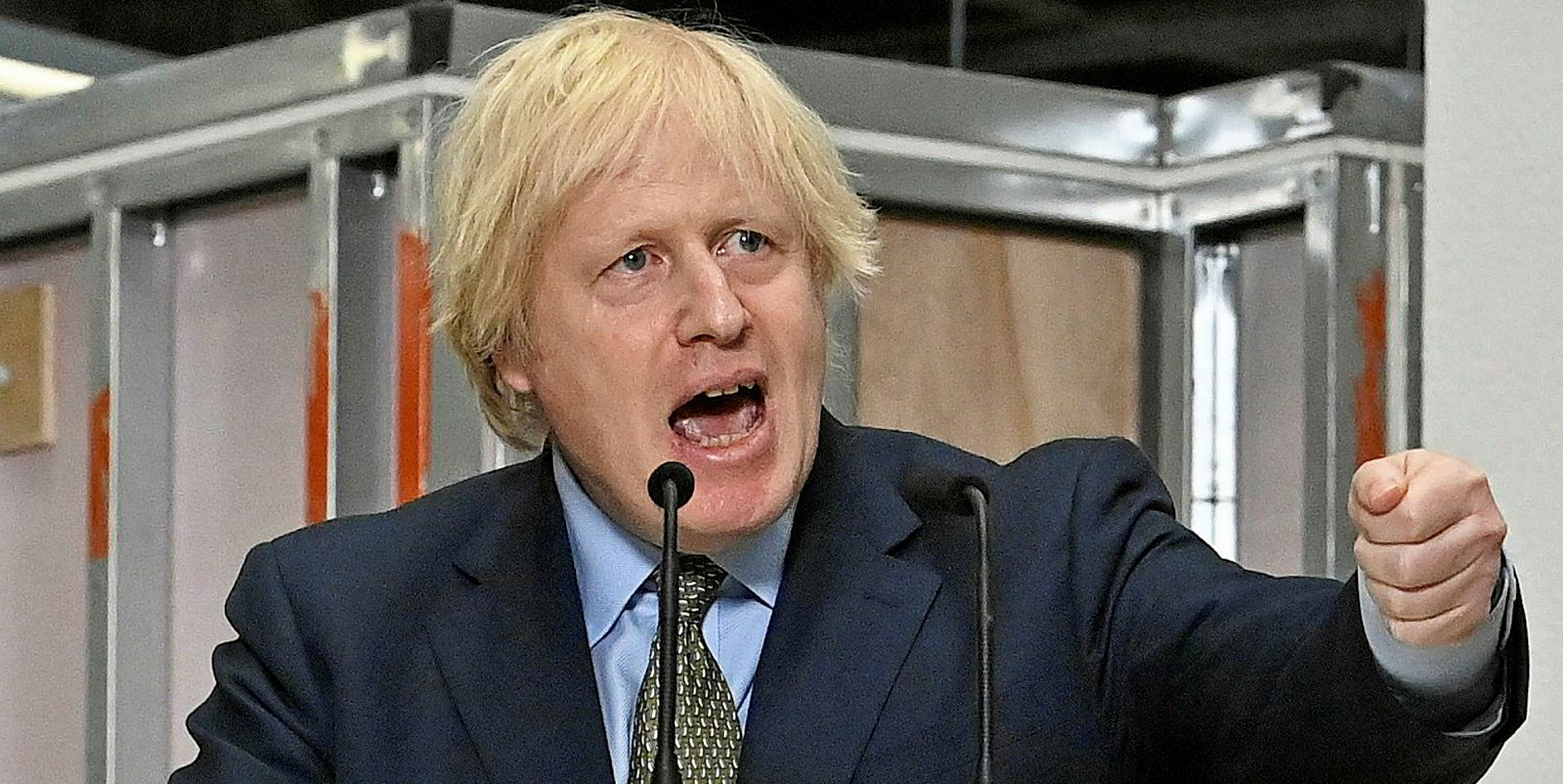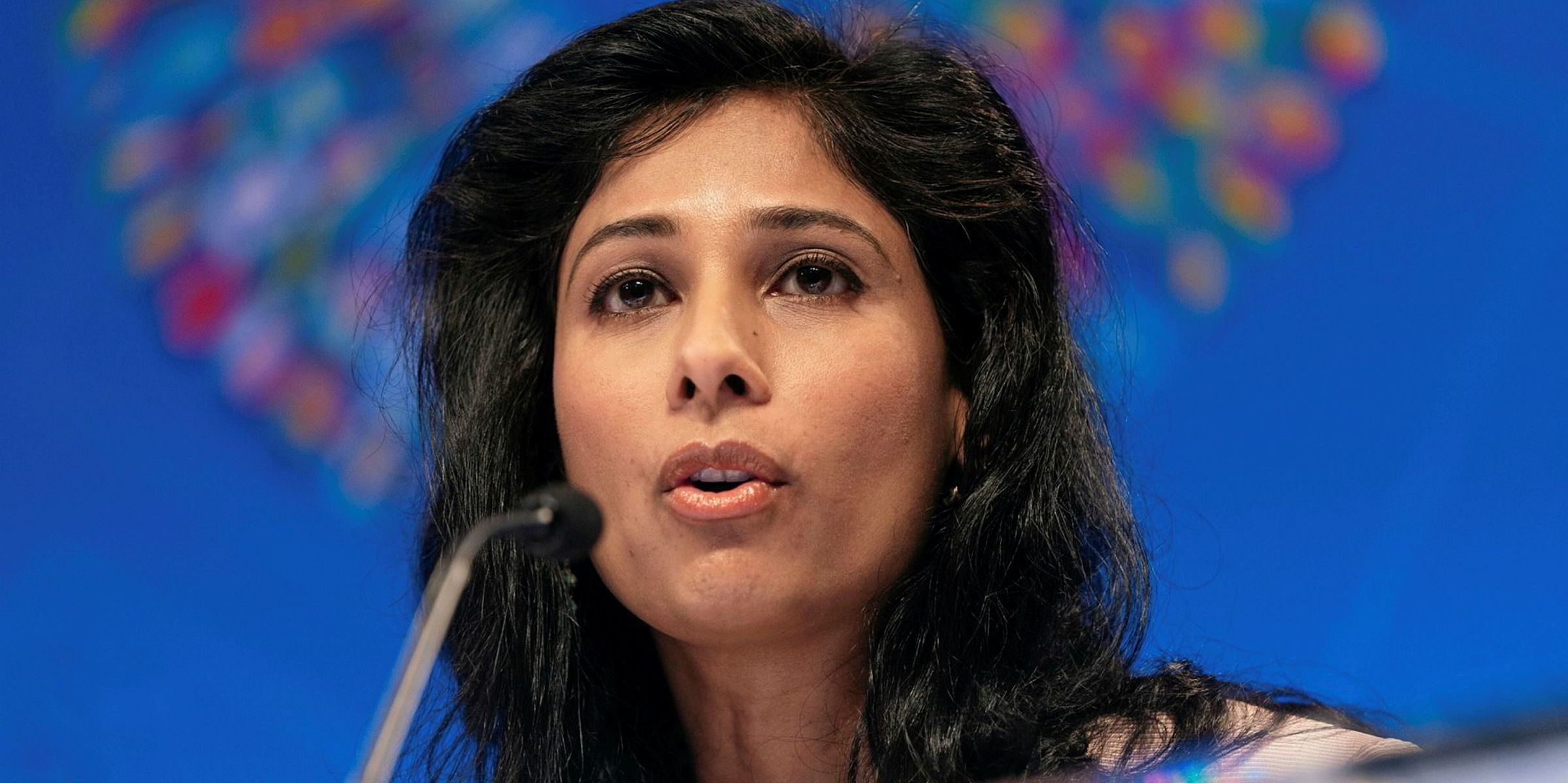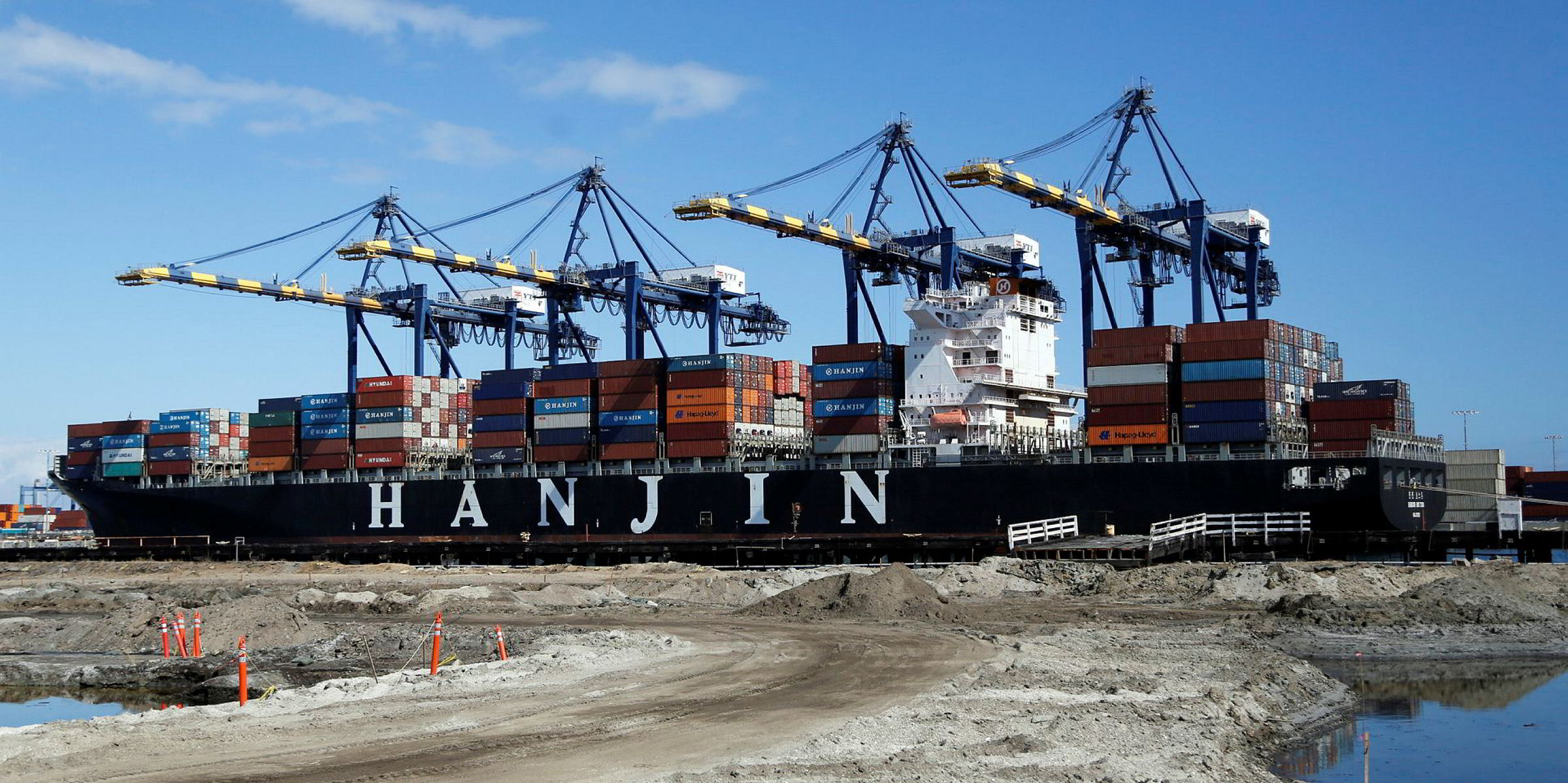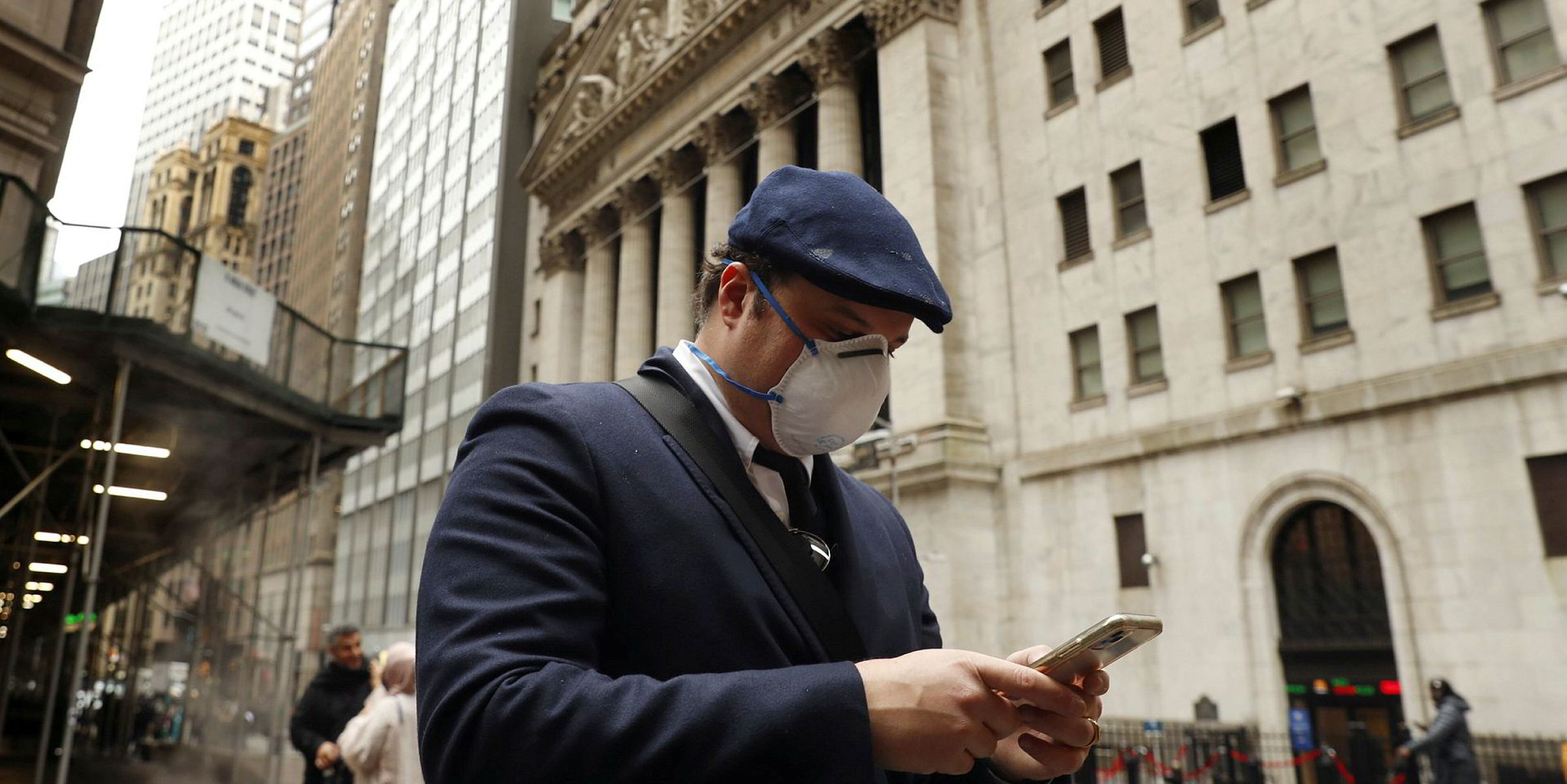The new World Economic Outlook just released by the International Monetary Fund makes grim reading for the maritime world.
The headline alone — “A crisis like no other, an uncertain recovery” — is enough to make shipowners shudder.
The quarterly forecast is substantially worse than the last one, with predictions global economic output will slump by 4.9%.
The figure was minus 3% in the previous IMF estimates unveiled in April. Meanwhile, the new growth forecast for next year is 5.4% — down from 5.8% last time.
This is also more gloomy than most economic forecasts. For instance, shipping specialist Maritime Strategies International (MSI) predicts a global economic contraction of less than 4% this year, with a 5.6% bounceback in 2021.
A much wider Reuters poll of economists, published this week, finds a consensus of minus 3.7% global GDP growth during 2020.
But 80% of these same economists admit to feeling more pessimistic about the near-term future than they did a month ago.
Second wave
Neither the IMF nor MSI are factoring in the impact on GDP should there be a second wave of coronavirus infections.
But of course neither is ruling out the possibility this could happen.
The IMF believes already that the cumulative loss to the global economy over 2020 and 2021 at the present rate will be more than $12trn.
Global trade is expected to fall by 12%, while the IMF’s economic forecaster Gita Gopinath has warned "geopolitical and trade tensions could further damage fragile global relationships".
It can be assumed she is referring to the ongoing and unpredictable row between the US and China.
However, Gopinath is upbeat about continuing interventions by central banks to provide financial support.
[There is a] disconnect between real and financial markets [that] raises concerns of excessive risk taking and is a significant vulnerability
IMF economic forecaster Gita Gopinath
But she also warned there is a “disconnect between real and financial markets [that] raises concerns of excessive risk taking and is a significant vulnerability”.
This disconnect was highlighted in the shipping sector by Jonathan Chappell, the shipping analyst at New York-based investment bank Evercore.
He noted that VLCC spot rates have plunged 80% in the past three months, while top tanker companies such as Euronav and Frontline have seen their stock market values fall by only 11% and 7%, respectively.
Shipping stocks and wider equities took a significant hit at the end of last week, but they largely remain out of sync with the gloomy prognosis coming from the IMF and others.
Counterpoint
In contrast, stock values in the dry bulk shipping market remain depressed and yet some sectors, such as the capesize carriage of iron ore, have boomed in recent weeks.
Rebecca Galanopoulos Jones, commercial analyst at London-based shipbroker Alibra Shipping, has warned that this could be a short-term rally.
Clarksons Research predicts dry bulk seaborne trade will fall 4.5% this year due to Covid-19.
This is a bigger downturn than the aftermath of the 2018 financial crisis and will come as the fleet size grows by 2.4% due to newbuildings.
The IMF forecast came out with 75% of countries reopening after lockdown but the pandemic is still intensifying in some emerging markets.
Gopinath notes that global public debt is projected to reach this year its highest level in recorded history.
But she says we now have an opportunity to “accelerate the shift to a more productive, sustainable and equitable growth through investment in new green and digital technologies and wider social safety nets”.
Green recovery
Is the mainstream world finally ready for the Green New Deals that have been pushed by left-leaning politicians such as Bernie Sanders and Alexandria Ocasio-Cortez in the US and Jeremy Corbyn in Britain?
Even oil majors Shell and BP put their names to a recent letter to the UK government calling for a “green” recovery from Covid-19.

In turn, UK Prime Minister Boris Johnson promised this week to “build back better, build back greener”.
He summoned inspiration from US President Franklin D Roosevelt's New Deal infrastructure spending following the Great Depression of the 1930s.
Certainly, the maritime world could do with some kind of stimulus to help cut its dependence on fossil fuels.
The IMF survey casts a cloud but it also brings some sunshine: ovid-19 has opened the door to new thinking.







